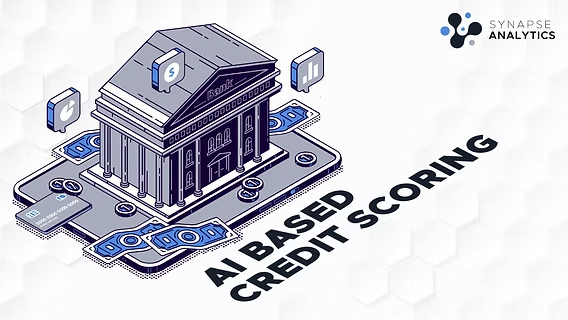Global Expansion Strategies for FinTechs in Emerging Markets: A Playbook for Leaders
2nd August 2025
 What the Future Holds for Digital-Only Banks: Navigating the Next Era of Banking
What the Future Holds for Digital-Only Banks: Navigating the Next Era of Banking
 The Evolution of Fintech Regulation: What’s Next?
The Evolution of Fintech Regulation: What’s Next?
 QR Codes and the Cashless Leap: Transforming India's Financial DNA
QR Codes and the Cashless Leap: Transforming India's Financial DNA
 Top Fintech Innovations Shaping 2025: The Future of Finance
Top Fintech Innovations Shaping 2025: The Future of Finance
 The Role of Cryptocurrencies in Cross-Border Payments
The Role of Cryptocurrencies in Cross-Border Payments
 The Rise of Contactless Payments: Benefits and Security Concerns
The Rise of Contactless Payments: Benefits and Security Concerns
 The Impact of 5G on Fintech Services
The Impact of 5G on Fintech Services
 Biometric Payments: The Next Big Trend in Secure Transactions
Biometric Payments: The Next Big Trend in Secure Transactions
 How AI is Transforming the Credit Scoring System
How AI is Transforming the Credit Scoring System
 How Open Banking is Shaping Financial Services Globally
How Open Banking is Shaping Financial Services Globally
.jpg) The Future of Payments: Trends Reshaping Transactions in 2025
The Future of Payments: Trends Reshaping Transactions in 2025
 Flipkart Gets a Lending Licence: A Bold Leap into Embedded Finance
Flipkart Gets a Lending Licence: A Bold Leap into Embedded Finance


31 July 2025
2 min read
68
The Government of India has notified key amendments under the Banking Laws (Amendment) Act, 2025, introducing a significant reform that allows public sector banks (PSBs) to transfer unclaimed shares, bond redemption dues and related interest amounts to the Investor Education and Protection Fund (IEPF) starting August 1, 2025. This change brings PSBs into alignment with practices already mandated under the Companies Act for private and public corporations.
In addition, the amendments empower PSBs to pay remuneration to statutory auditors—an effort aimed at elevating audit standards and enabling these institutions to engage more qualified audit professionals with greater independence.
Another notable change raises the threshold defining “substantial interest” from ₹5 lakh to ₹2 crore—a move that updates a benchmark that had remained unchanged since 1968. This revision reflects evolving financial scales and strengthens governance safeguarding against conflict-of-interest scenarios.
For cooperative banks, the amendments align director tenure provisions with the 97th Constitutional Amendment by extending the maximum tenure (excluding chairpersons and whole-time directors) from 8 years to 10 years. This is expected to enhance leadership continuity and institutional stability.
Though the Act was enacted on April 15, 2025, these specific modifications will be operational from August 1, 2025, following publication of the gazette notification dated July 29, 2025. The amendments form part of 19 changes across five key laws, including the RBI Act, 1934; Banking Regulation Act, 1949; State Bank of India Act, 1955; and Banking Companies (Acquisition and Transfer of Undertakings) Acts of 1970 and 1980.
The government asserts that implementing these reforms will strengthen the legal, regulatory and governance foundations of the Indian banking sector, fostering improved deposit and investor protection, audit quality, and alignment with global best practices
Read Next
 News
News
 News
News
.jpg) News
News
 News
News
 News
News
 News
News
Live Polls
Live Discussion
Topic Suggestion
Whom Do You Wish To Hear
Sector Updates
Leave your opinion / comment here